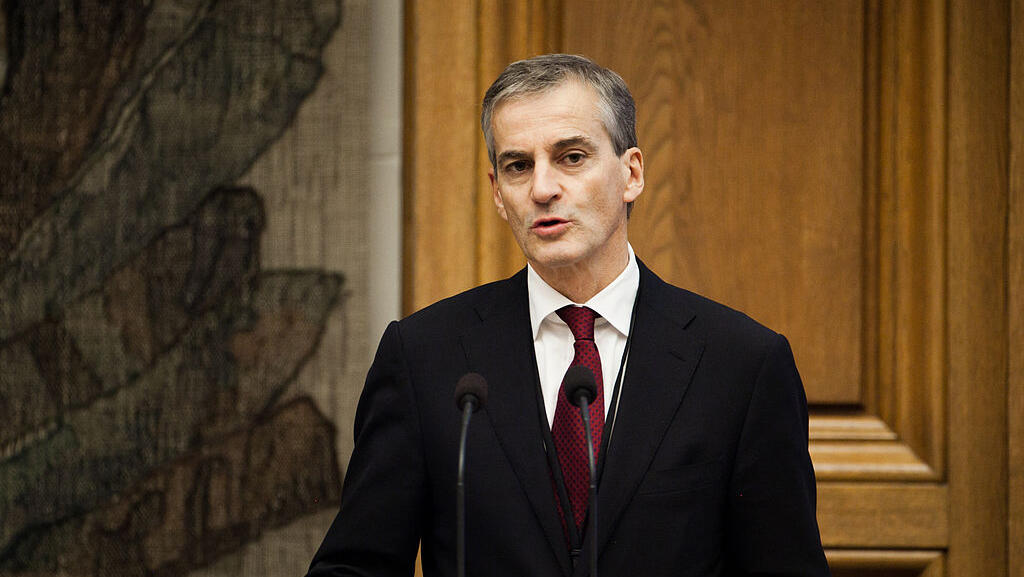Norway’s centre-left Labor Party, led by Prime Minister Jonas Gahr Stoere, claimed the most votes in the country’s general election this week.
Not long before the polls closed, the Labor Party was projected to win with 89 seats, with the centre-right taking 80 seats, in an election where a minimum of 85 seats is needed to form a majority.
Once 99% of the votes were counted, Stoere’s party and four smaller left-leaning parties 87 seats.
“This is a signal to outside Norway that social democracy can also win despite a right-wing wave," Stoere said in celebration.
Stoere is set to remain heavily reliant on his smaller allies to pass major legislation, including fiscal budgets.
In order to gain their support, he will likely face tough decisions regarding tax hikes for the wealthy, future oil exploration and divestments by Norway’s US$2 trillion (A$3.055 trillion) sovereign wealth fund from Israeli companies.
Despite the left’s win, results showed a shift further right for conservative voters, with the populist, anti-immigration Progress Party of Sylvi Listhaug making its best showing in an election.
The right-wing party secures 48 seats of the 169-seat parliament, more than double what it had four years ago, with promises of large tax cuts that resonated with many voters.
Meanwhile, the country's centre-right Conservative Party had its worst election in 20 years.
The Conservative Party’s leader, Erna Solberg, confirmed the defeat in Oslo and is already facing calls to resign.
“We can already state that the Conservative party is embarking on a new term in the Storting as an opposition party,” Solberg said.
“It is my responsibility, and I am incredibly sorry for that.”



